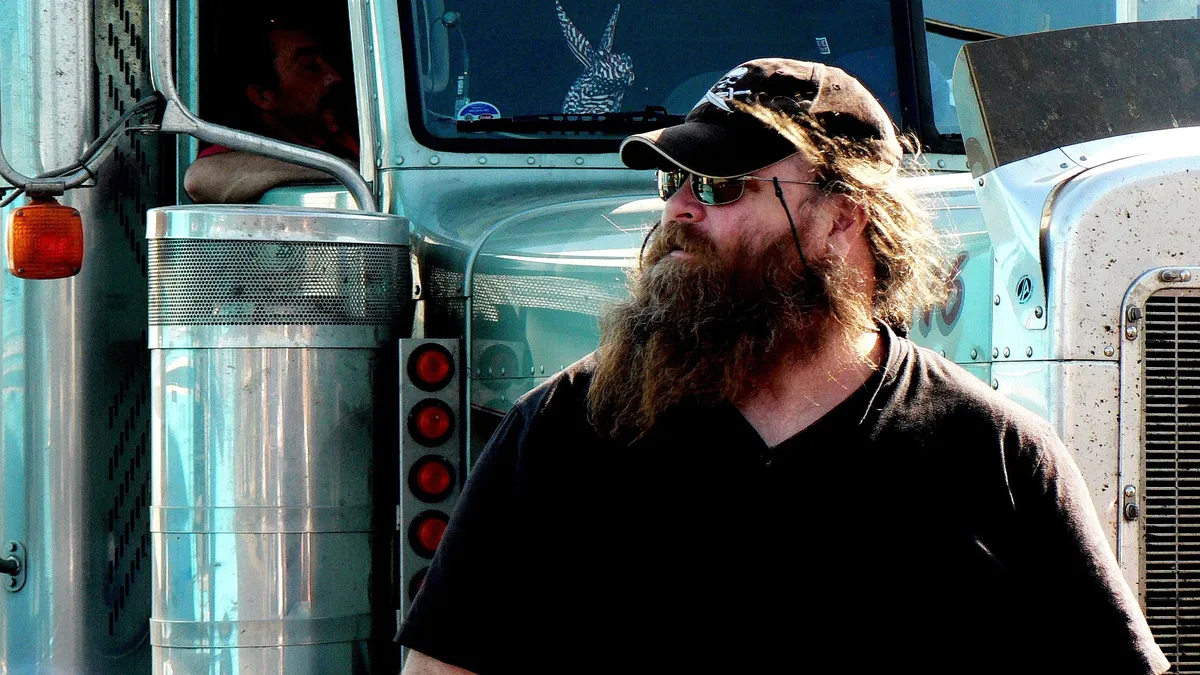Dive Brief:
- The Supreme Court of the United States (SCOTUS) refused to review J.B. Hunt's appeal to overturn a U.S. Court of Appeals for the Ninth Circuit court ruling, which allows a class action lawsuit filed by truck drivers to go to trial in September, The Wall Street Journal reported.
- The drivers, formerly employed by J.B. Hunt, sued the company in 2007 for not complying with California's minimum wage law and mandatory rest and meal breaks law. J.B. Hunt holds to a 1994 federal law preempting states' ability to regulate how trucking companies set prices.
- J.B. Hunt, a member of the American Trucking Associations (ATA), protests compliance with California's laws, instead declaring adherence to federal regulations regarding minimum wage, rest and meal breaks.
Dive Insight:
The trucking industry is in the throes of change, and debating whether trucking companies should comply with federal and state laws — and whether or not they conflict — regarding truck driver treatment is just the latest point of division.
In one sense, the latest news on this class action lawsuit is just a renewed debate over the Denham amendment added to the FAA bill back in April, which passed the House and is under review by the Senate. If the Denham amendment becomes law, it will preempt state laws regarding meal and rest breaks for truckers, effectively standardizing and streamlining the rules for trucking companies.
That could also throw a wrench in the upcoming J.B. Hunt trial, potentially setting federal precedent leading to a ruling in favor of J.B. Hunt. The industry is divided over the Denham amendment, so this trial is likely to divide the industry further.
Ken Evans, CEO of Konexial, an electronic logging device (ELD) provider, told Supply Chain Dive that because the trucking industry conducts interstate commerce, it should be regulated on the federal level alone, so he supports J.B. Hunt's position.
"We’re trying to make life better for the individual truck drivers," he said.
The flip side to that is the high driver turnover rate and truck drivers' growing disenchantment with the industry. Better pay and better meal and rest breaks — which are offered under California state law — could keep more truck drivers in those jobs and help mitigate the driver shortage and the capacity crunch.












